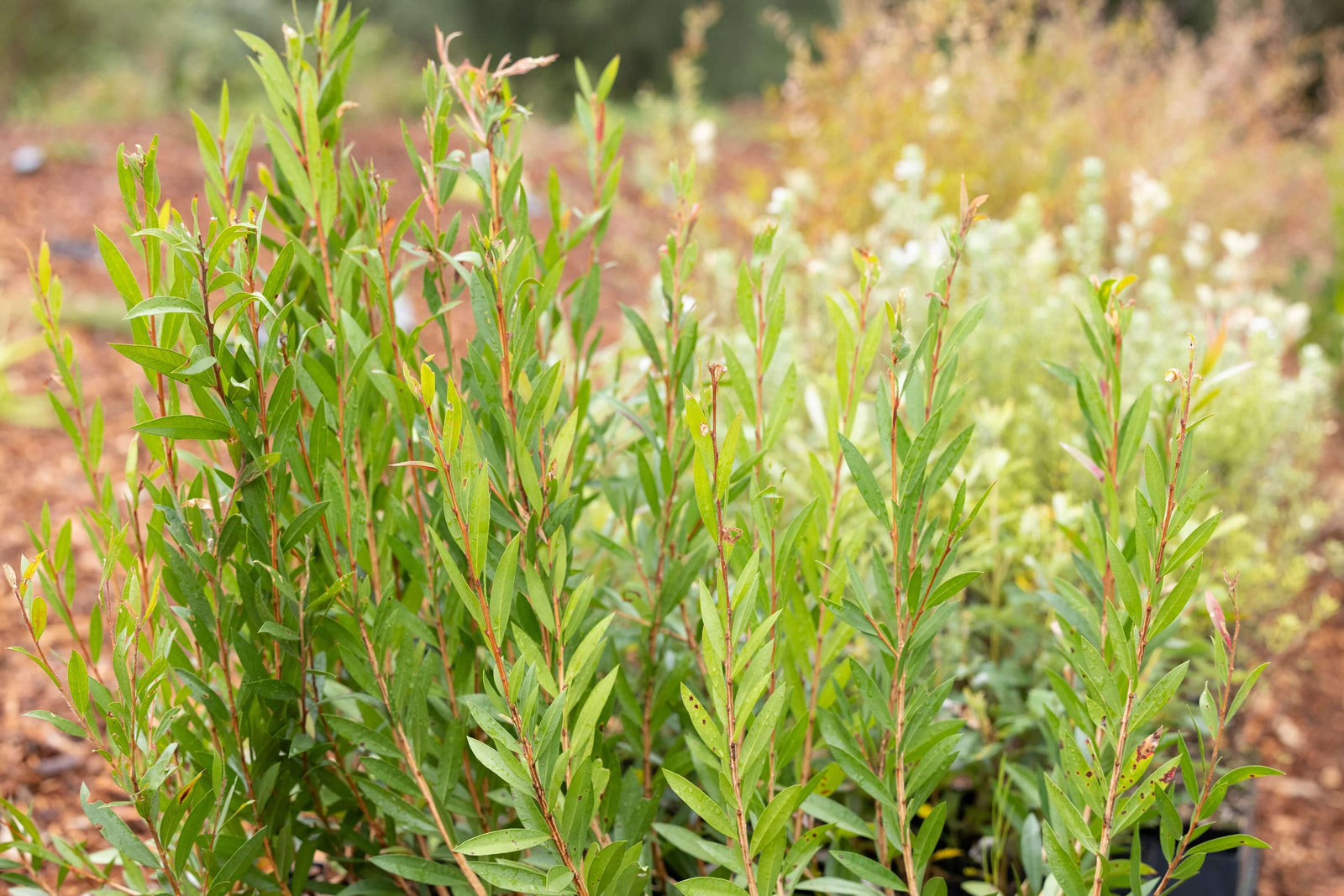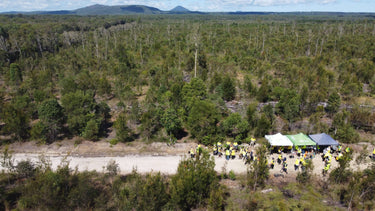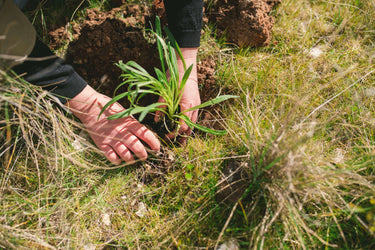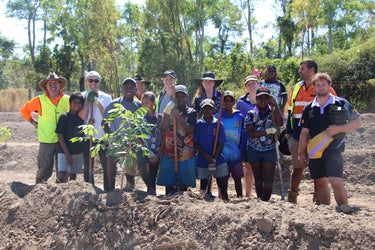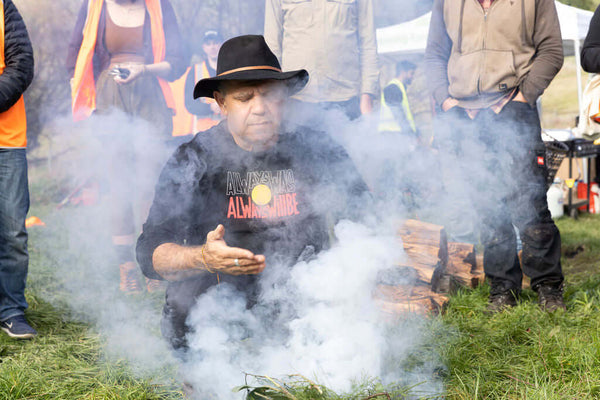
Each year, National Reconciliation Week (NRW) is recognised from 27 May to 3 June. It acknowledges two significant dates in Australia’s history and the importance of advancing reconciliation in our country.
Greenfleet is committed to advancing reconciliation and this years’ NRW theme, Now More Than Ever, represents the importance of continuing to do this through our work.
This month, we look at what National Reconciliation Week represents and the projects Greenfleet is undertaking that directly involve Traditional Owners in restoring native ecosystems on Country.
Why Do We Celebrate National Reconciliation Week?
Reconciliation in Australia means strengthening the ties between Aboriginal and Torres Strait Islander peoples and non-Indigenous peoples. National Reconciliation Week is celebrated so that all Australians can learn about, and reflect on, our shared histories, achievements and cultures. It’s a time to explore how individuals, businesses and governments can contribute to achieving reconciliation.
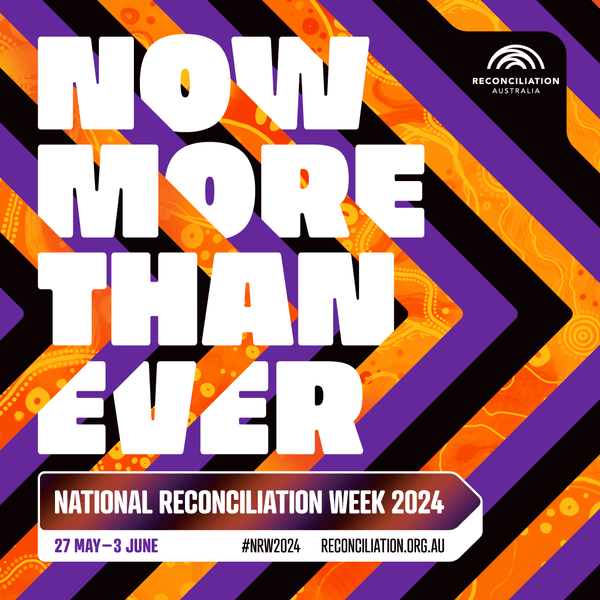
When is National Reconciliation Week?
NRW falls between the same two dates each year, acknowledging two significant moments in Australia’s history.
The week begins on May 27, the date of the 1967 Referendum that saw 90% of Australian’s voting to include Indigenous Australians in the Census. This formally recognised First Nations people as a part of our population and allowed the government to begin making policy that would benefit them.
The Week ends on June 3, the anniversary of the 1992 Mabo Decision. This is the date that the High Court of Australia recognised that a group of Torres Strait Islander people, led by Eddie Mabo, were the custodians of Mer (Murray Island). Terra nullius (the idea that the land belonged to no one) was overruled in this landmark decision and led to the passing of the Native Title Act 1993.
The National Reconciliation Week Theme
This year’s NRW theme is Now More Than Ever. In Australia’s journey for reconciliation, this theme is a reminder to continue the fight for justice and equality. In the aftermath of the Voice to Parliament referendum, all Australians are urged to overcome any hesitancy or fears about committing to reconciliation, now more than ever.
Greenfleet supported the Indigenous Voice to Parliament in 2023 and was deeply saddened when the referendum did not pass. Despite the result, Greenfleet’s ongoing work will continue advancing reconciliation in Australia as one of our key pillars, alongside native reforestation and biodiversity restoration. For us, our partnerships with local communities and First Nations peoples support broad benefits for the country and communities in which we live and work.
How is Greenfleet Supporting
Reconciliation?
Greenfleet respects that we are working with, and learning from, the oldest continuous cultures and longest standing land managers on Earth. We recognise that climate action aligns with Reconciliation, so we continue to listen to First Nations voices as we work to deliver climate action and restore native habitat.
Below are some past and current projects where we are working directly with the Traditional Owners to restore Country and deliver benefits to local communities:
-
![]() Learn More
Learn MoreGreenfleet is working with the Kabi Kabi people, the Traditional Owners of Queensland’s Sunshine Coast region, along with the Kabi Kabi Peoples Aboriginal Corporation to restore over 900 hectares to native forest in the Noosa Hinterland for koala habitat.
-
![]() Learn More
Learn MoreOn Dja Dja Wurrung Country, near Wedderburn in Central Victoria, Greenfleet is revegetating cleared land with culturally significant food for the Djaara people, like fibre grasses for cultivation and utilisation in traditional practices.
-
![]() Learn More
Learn MoreThe Kowanyama Aboriginal Shire Council and Greenfleet restored native plants and fruit trees in Far North Queensland, providing readily available food sources to this remote local Indigenous community.


